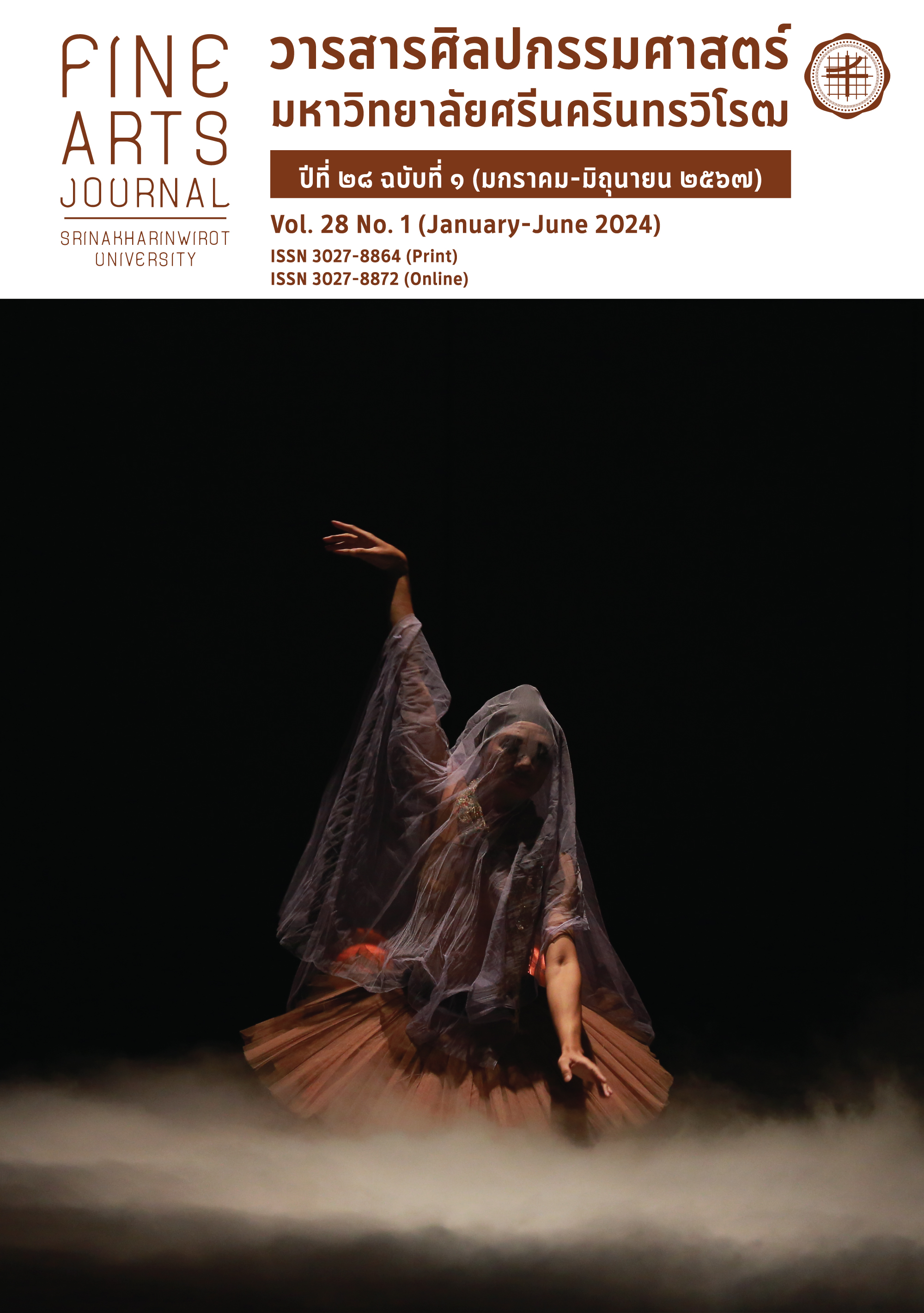MEMENTO MORI: FASHION AND ITS INSPIRATION FROM DEATH AND DECAY
Keywords:
Clothing, Fashion, History, Sex, DeathAbstract
Death and Decay has been one of the major influences on art and design for a very long time. Surprisingly, the more we fear death the more we use it as a source of inspiration and transform it into powerful creativity. Since the beginning of evolution, we have killed animals in order to obtain skin and fur, to make cloth and clothing, and to make ourselves feel warm and safe. We have lived by tearing others' lives while we wait with anticipation for our death. We see death happening around us, we see it tearing apart the lives of our loved ones, and we question where in the world death took them. Perhaps this morbid obsession has touched the deepest part of our soul. We turn the fear in our hearts into art and design, for it can finally answer the question we desire. Memento Mori or Remember you must die is one of the important art movements that employ the theme of death in every medium. Based on this concept, it is quite fascinating to explore Memento Mori with the eyes of fashion and costume from the past to the modern day, since it is one area of art and design that deals with death from the basic nature of itself. For this at last, it may make us look back at ourselves, reminding us every moment that death is never far away.
Downloads
References
ธเนศ วงศ์ยานนาวา. (2553). ความรัก ความรู้ ความตาย. ศยาม.
Ads of the World. (2009). Superette: Stairs [image]. Retrieved from
https://www.adsoftheworld.com/media/print/superette_stairs
Alpay, B. (2011). The Manuscript that must be saved: A Review on Susan Buck
Morss' "The Dialectics of Seeing: Walter Benjamin and the Arcades Project". Retrieved from
CODEX99. (2017). Evelyn McHale: Photojournalism as Iconography [image]. Retrieved
from http://www.codex99.com/photography/43.html
Death Café. (2013). Richard Avedon for The New Yorker [image]. Retrieved from
Fashion à la Victime. (2013). Fashion Encyclopedia. Retrieved from
http://www.fashionencyclopedia.com/fashion_costume_culture/European-Culture-18th-Century/Fashion-
la-Victime.html#ixzz2ir0qdLGn
Genova, A. (2016). The Story Behind Colorization of a Controversial Benetton AIDS Ad
[image]. Retrieved from https://time.com/4592061/colorization-benetton-aids-ad/
Hell, K. (2010). Victorian Mourning Garb. Retrieved from
http://www.morbidoutlook.com/fashion/historical/2001_03_victorianmourn.html
Pollock, A. (2020). Alexander McQueen: A Tragedy at the Hands of Fashion. Retrieved from
https://www.mindlessmag.com/post/alexander-mcqueen-a-tragedy-at-the-hands-of- fashion
The Edgar Allen Poe Society of Baltimore. (2021). The Philosophy of Composition.
Retrieved from https://www.eapoe.org/works/essays/philcomp.htm
Theeverydayman. (2011). Nicola Formachetti’s New Muse Zombie Boy [image].
Retrieved from https://theeverydayman.livejournal.com/13848.html
The Metropolitan Museum of Art. (2011). Alexander McQueen: Savage Beauty [image].
Retrieved from https://blog.metmuseum.org/alexandermcqueen/coat-jack-the-ripper/
Verthime, S. (2019). Guy Bourdin: Image within an image [image]. Retrieved from
https://www.rencontres-arles.com/en/expositions/view/848/guy-bourdin
Downloads
Published
How to Cite
Issue
Section
License

This work is licensed under a Creative Commons Attribution-NonCommercial-NoDerivatives 4.0 International License.






